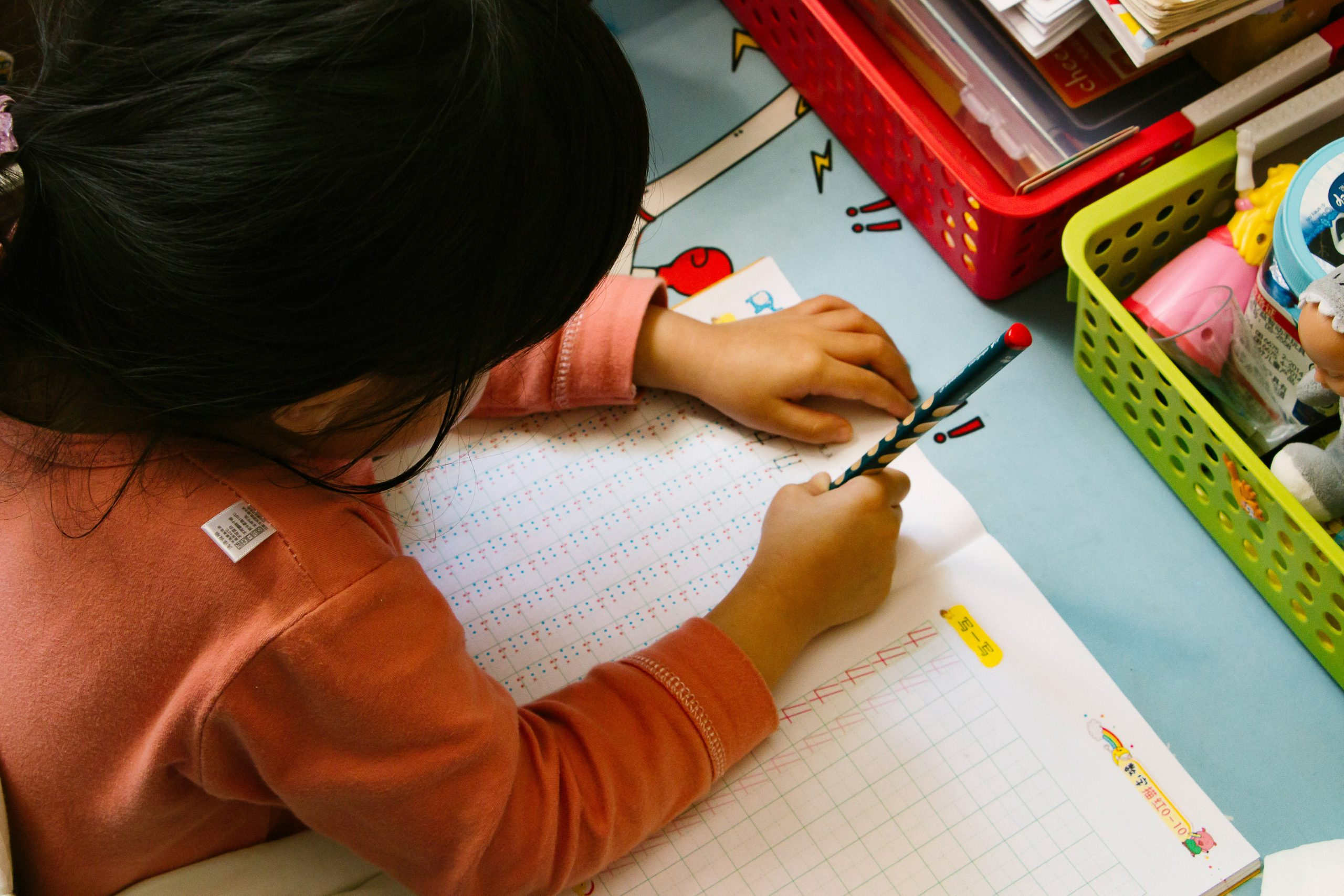The Value of Multicultural Education in Modern Schools
As our world becomes increasingly connected and diverse, the need for multicultural education in modern schools has become more pressing than ever before. With students from various cultural backgrounds sharing the same classroom, it is essential for schools to equip their students with the necessary knowledge, skills, and attitudes to thrive in a multicultural society. In this article, we will explore the value of multicultural education and why it is crucial for modern schools to implement it in their curriculum.
The Importance of Multicultural Education
Multicultural education refers to teaching strategies and curriculum that recognizes, respects, and celebrates different cultures, races, and ethnicities. It aims to provide students with a deeper understanding and appreciation of diverse perspectives and experiences. The benefits of multicultural education go beyond teaching cultural diversity; it also promotes critical thinking, empathy, and respect for others.
Promotes Cultural Awareness and Understanding
One of the main goals of multicultural education is to promote cultural awareness and understanding among students. By exposing students to different cultures, traditions, and beliefs, they are better able to empathize and see the world from a different perspective. This understanding helps in breaking down stereotypes and prejudice, creating a more inclusive and tolerant society.
Prepares Students for a Globalized World
In today’s globalized world, multicultural education is more important than ever before. With advances in technology, students are more connected to the rest of the world than ever before. As a result, they need to have a broader worldview and an understanding of different cultures to thrive in a global society. Multicultural education helps students to develop the global competencies needed to communicate and collaborate with people from diverse backgrounds.
Fosters Critical Thinking
Multicultural education also promotes critical thinking skills. By being exposed to different cultures, students are encouraged to question and challenge their assumptions and beliefs. In a diverse environment, students learn to think critically about issues and develop their own opinions based on evidence and different perspectives. This critical thinking is essential for academic success and lifelong learning.
Implementing Multicultural Education in Modern Schools
Implementing multicultural education in modern schools can be challenging, but the benefits outweigh the challenges. Here are some ways schools can incorporate multicultural education into their curriculum:
Incorporate Diverse Perspectives in Curriculum
School curriculums should reflect the diversity of the students they serve. This can be achieved by incorporating diverse perspectives, cultures, and histories in various subjects such as history, literature, and social studies. Including diverse voices in the curriculum allows students to develop a better understanding of the world around them.
Celebrate Cultures and Diversity
Schools can also celebrate cultures and diversity through various events and activities. For example, organizing cultural fairs, inviting guest speakers from different cultural backgrounds, and celebrating cultural holidays can help students learn and appreciate different cultures. It also creates an opportunity for students to share their own cultural heritage with their peers.
Provide Professional Development for Teachers
Implementing multicultural education requires teachers to have the necessary knowledge and skills. Schools can provide teachers with professional development opportunities to learn about multicultural education and how to incorporate it into their teaching practice. This will ensure that teachers are equipped to create an inclusive and culturally responsive learning environment.
Conclusion
In a globalized and multicultural society, the value of multicultural education in modern schools cannot be overstated. By promoting cultural awareness, preparing students for a globalized world, and fostering critical thinking, multicultural education helps in creating a more inclusive and understanding society. It is crucial for schools to incorporate multicultural education into their curriculum to prepare their students for success in an increasingly diverse world.










